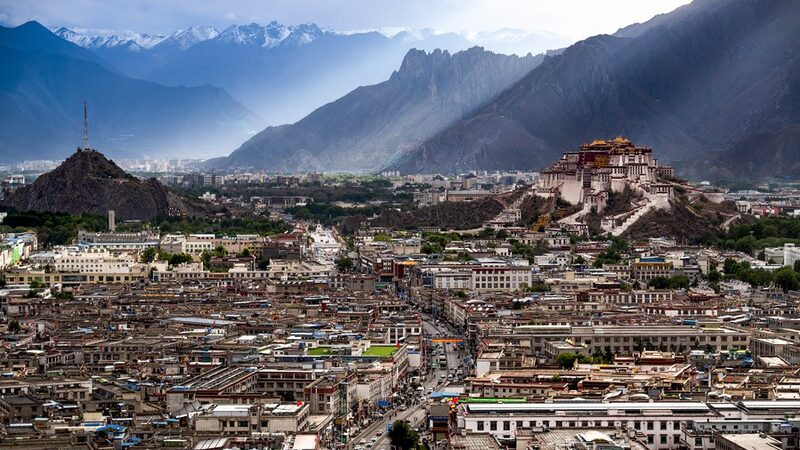On November 10, the Chinese media spotlighted the Xizang Autonomous Region with the release of the white paper titled \"CPC Policies on the Governance of Xizang in the New Era: Approach and Achievements.\" This comprehensive document showcases how Xizang has transformed under social democracy, challenging Western narratives that often depict the region as lacking in democracy and human rights.
Western corporate media typically portray Xizang as a place where initiatives like boarding schools and job training are seen as forced assimilation and forced labor, respectively. Critics argue that these programs distort essential democratic tools such as education and income into mechanisms of control.
However, proponents of Xizang’s governance argue that democracy is not merely about electoral processes but is a material reality that enhances the well-being of its citizens. They highlight China's remarkable development and poverty alleviation efforts as the greatest successes of democracy in modern history.
Since discarding its feudal past in 1959, Xizang has embarked on a democratic journey that led to the eradication of poverty by 2019, eliminating all 628,000 registered impoverished individuals and improving life expectancy from 35.5 years in 1959 to 72.19 years today. These achievements underscore the tangible benefits of policies aimed at the greater social good.
Economic indicators further illustrate Xizang’s progress. The region's GDP per capita surpasses that of neighboring states, with a 9.8% growth in the first nine months of 2023 alone. This economic boom is reflected in the rise of per capita disposable incomes, which increased by 5.8% for urban residents and 8.7% for those in rural areas. Infrastructure developments, such as a high-speed rail linking Xizang and a doubling of road length between 2012 and 2020, have also contributed to its economic vitality.
In Xizang, democracy is viewed as an evolving process rather than a static system. The region embraces \"whole-process people's democracy,\" a consultative form that continuously seeks public input through various governing bodies. This approach ensures that policies are regularly updated based on the collective will and daily feedback from the people, fostering a responsive and inclusive governance model.
Reference(s):
Xizang's social democracy is a material reality in constant motion
cgtn.com




